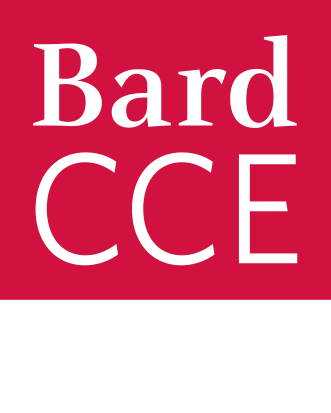What is OSUN really?
In January 2020, Bard College President Botstein announced, by an email to the campus community, that Bard College had co-founded the Open Society University Network (OSUN) together with the Central European University (CEU). In his email he explained that this new organization would reflect “key elements of Bard College’s unique educational programs and innovations.” However, there was little information about how this would affect students studying on the Bard Annandale campus. Ten months later, much has changed.
Due to the COVID-19 pandemic, many students who would normally attend classes in person on the Annandale campus are now scattered throughout the United States and the world and are taking classes remotely. Bard’s participation in OSUN has allowed the college to adapt quickly and effectively. Bard students have benefitted from the innovative online work of OSUN, from virtual guest lectures and workshops, to opportunities to participate in engaging classes with students across the globe.
But how does Bard fit into the Open Society University Network? OSUN has emerged as a result of more than a decade of discussions between Bard, CEU, and the Open Society Foundations. Bard plays a crucial role, with the OSUN network building upon the foundation of Bard’s international network of partner institutions. President Botstein serves as the Chancellor of OSUN, and the Center for Civic Engagement at Bard is the main hub of OSUN’s secretariat. This means that Bard College, and the CCE specifically, manage many of OSUN’s programs.
Bard students, both in Annandale campus and studying remotely, have many opportunities to participate in OSUN’s programs. For example, the Get Engaged Conference is held annually, and allows student leaders within OSUN institutions to engage with one another and develop community leadership skills. Lecture series, such as the popular Protests in Perspective series, also allow students to dynamically engage with current events and gain new perspectives. Because of OSUN’s international quality, students have had the opportunity to hear from experts in countries where protest movements are currently taking place, such as Belarus and Kyrgyzstan. Bard students also have the opportunity to take part in ‘international classrooms.’ This has been especially beneficial during the COVID pandemic, with students from around the world able to offer differing perspectives on how the pandemic is affecting them and their home country.
There is much more to come with OSUN. New and innovative graduate programs are being developed, such as an M.A. in Human Rights and the Arts. This program will start in Fall 2021, and will be led by Tania El Khoury and Ziad Abu-Rish. El Khoury and Abu-Rish will also teach in the undergraduate program, allowing Bard undergraduate students to participate in this groundbreaking new curriculum. Once it is safe to travel again, there will be more opportunities for international exchange. Bard students will be able to travel to partner institutions, as well as share the Annandale campus with students from new partner institutions.
So, how can Bard students, both on and off campus, get involved? They can register for OSUN-sponsored classes, participate in the multitude of conferences and contests held by OSUN, and much more. However, they can also engage by reaching out to the CCE, and letting them know what is important to them. Jonathan Becker, Bard’s executive vice president and the vice-chancellor of OSUN, believes students play a crucial role in navigating OSUN through the dramatic shift from COVID-19, saying that student’s feedback will allow OSUN to “unpack in the COVID era.” To learn more, visit the OSUN website.
Post Date: 11-28-2020
